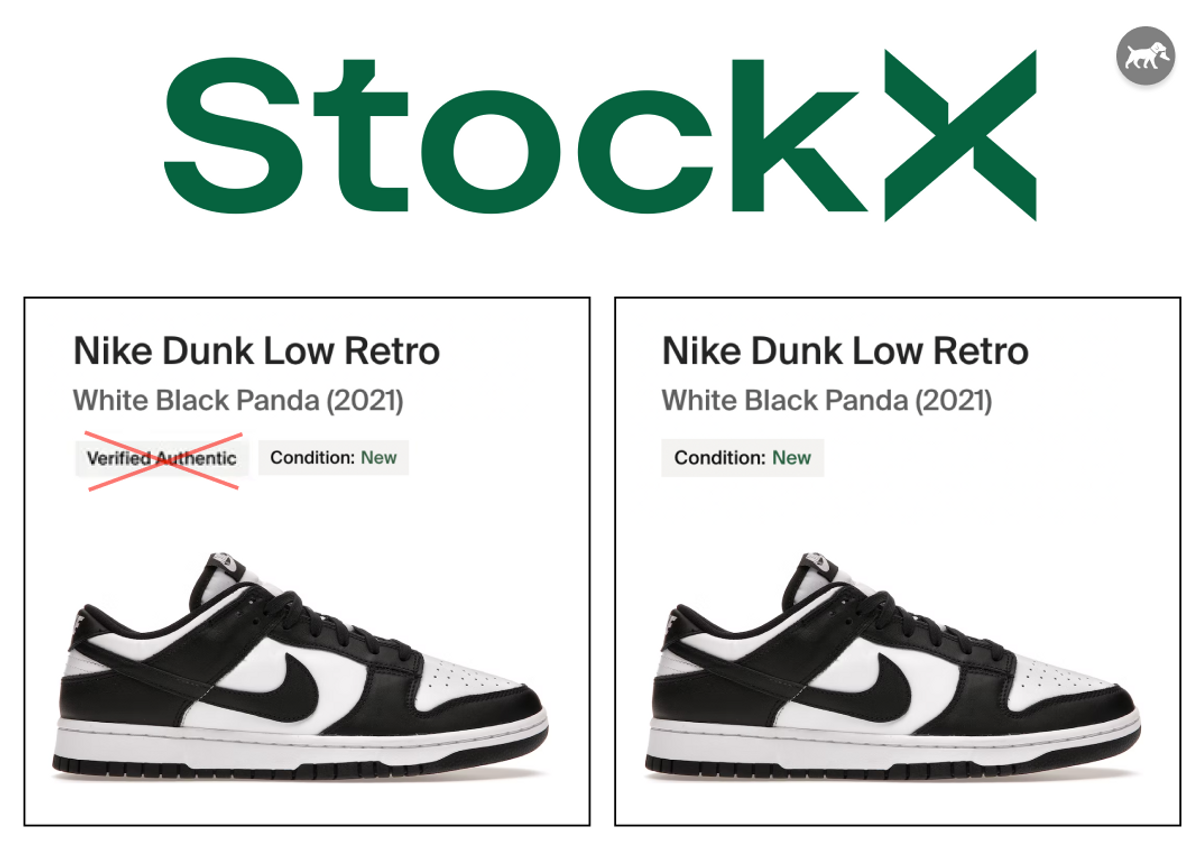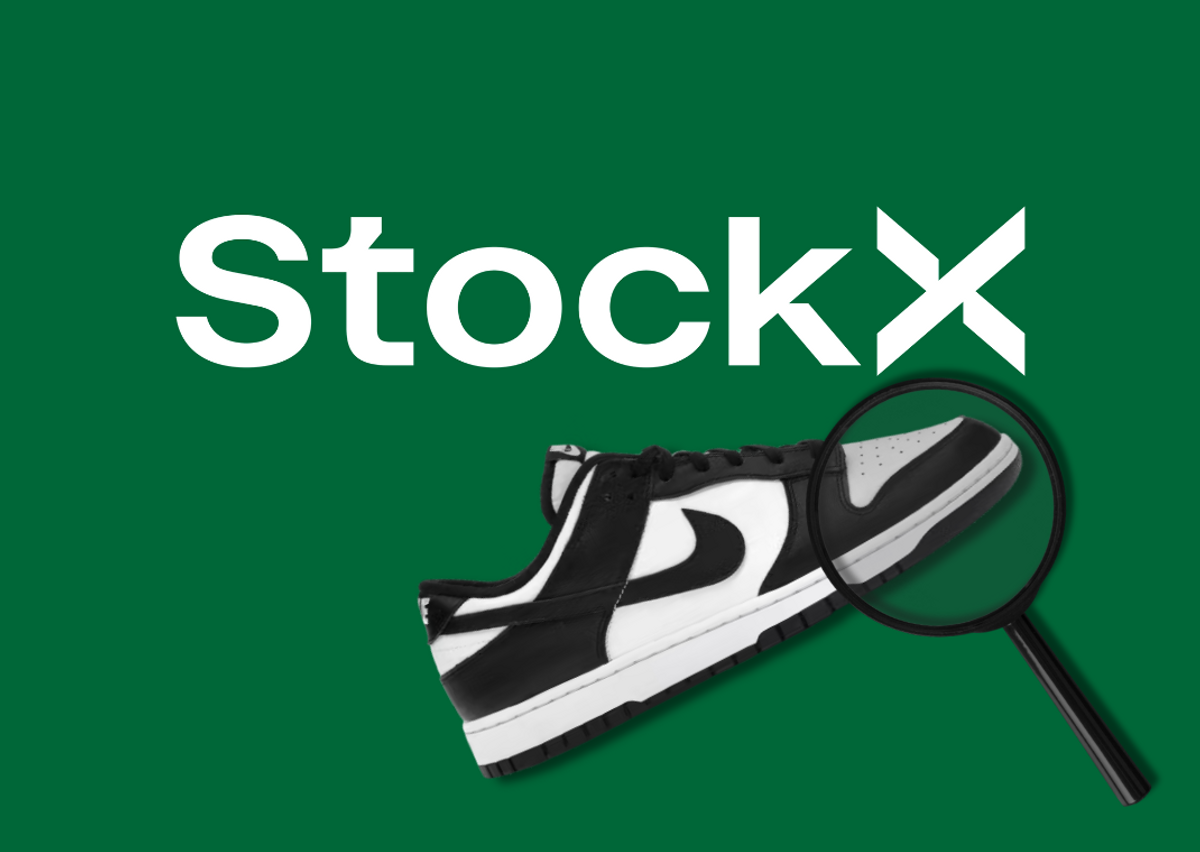Is Stockx Shoes Fake
“Is Stockx Shoes Fake?” In the dynamic world of sneaker culture, where enthusiasts are constantly seeking the latest and most coveted kicks, the issue of authenticity has become a hot topic of discussion. StockX, a prominent online marketplace for buying and selling sneakers, has found itself at the center of a controversy regarding the authenticity of the shoes it facilitates transactions for. In this article, we will delve into the various facets of this debate, examining the claims, counterarguments, and the broader implications for both consumers and the sneaker industry.
Understanding StockX

StockX, founded in 2015, quickly rose to prominence as a go-to platform for sneaker enthusiasts, offering a transparent marketplace for buying and selling coveted footwear. The platform employs a unique stock market-like model, where buyers place bids and sellers list their shoes at a particular price. The market value of a pair is determined by supply and demand dynamics, providing users with a fair and transparent pricing system.
The Controversy Unveiled
While StockX has gained widespread popularity, it has also faced allegations of facilitating the sale of fake or counterfeit sneakers. Some users have reported receiving shoes that they believe to be inauthentic, raising concerns about the platform’s ability to verify the legitimacy of the products it facilitates transactions for. The debate has sparked discussions around StockX’s authentication process and the implications for both buyers and sellers.
StockX’s Authentication Process

StockX asserts that it employs a rigorous authentication process to ensure the legitimacy of the sneakers sold on its platform. The company boasts a team of experts who meticulously inspect each pair, checking for signs of counterfeit production. The process includes a thorough examination of the shoe’s materials, stitching, tags, and overall quality, with the goal of identifying any inconsistencies that might indicate a fake product.
However, despite StockX’s claims of a robust authentication process, instances of alleged fake shoes reaching buyers have prompted skepticism. Critics argue that the sheer volume of transactions on the platform, coupled with the sophistication of counterfeiters, may pose challenges to any authentication system.
User Experiences and Concerns
Numerous online forums and social media platforms have become hotbeds for discussions about users’ experiences with StockX and their concerns about receiving counterfeit shoes. Some buyers have shared stories of receiving shoes with subtle discrepancies, such as variations in stitching or materials, leading them to question the effectiveness of StockX’s authentication process.
On the other hand, supporters of StockX argue that the platform’s success is evidence of its commitment to maintaining authenticity. They contend that the vast majority of transactions on StockX result in genuine products, and any reported cases of counterfeit sneakers are isolated incidents.
Market Impact and Industry Ramifications

The controversy surrounding StockX’s authenticity has broader implications for the sneaker resale market and the industry at large. The rise of resale platforms has significantly impacted the traditional sneaker market, with reselling becoming a lucrative business for both individual sellers and established companies.
If StockX were to face sustained criticism regarding the authenticity of the sneakers it facilitates transactions for, it could potentially erode trust in the entire resale market. This could lead to a decline in consumer confidence, affecting not only StockX but also other platforms operating in the secondary sneaker market.
Conclusion
The debate over the authenticity of sneakers sold on StockX reflects the broader challenges and complexities of the evolving sneaker resale market. While StockX maintains that it employs a stringent authentication process, the emergence of alleged counterfeit cases has sparked a vigorous discussion among consumers, enthusiasts, and industry stakeholders.
As the controversy continues to unfold, it remains to be seen how StockX will address the concerns raised by users and skeptics alike. The authenticity debate underscores the need for continuous improvement in authentication processes within the sneaker resale industry, as maintaining consumer trust is crucial for the long-term success of platforms like StockX.














